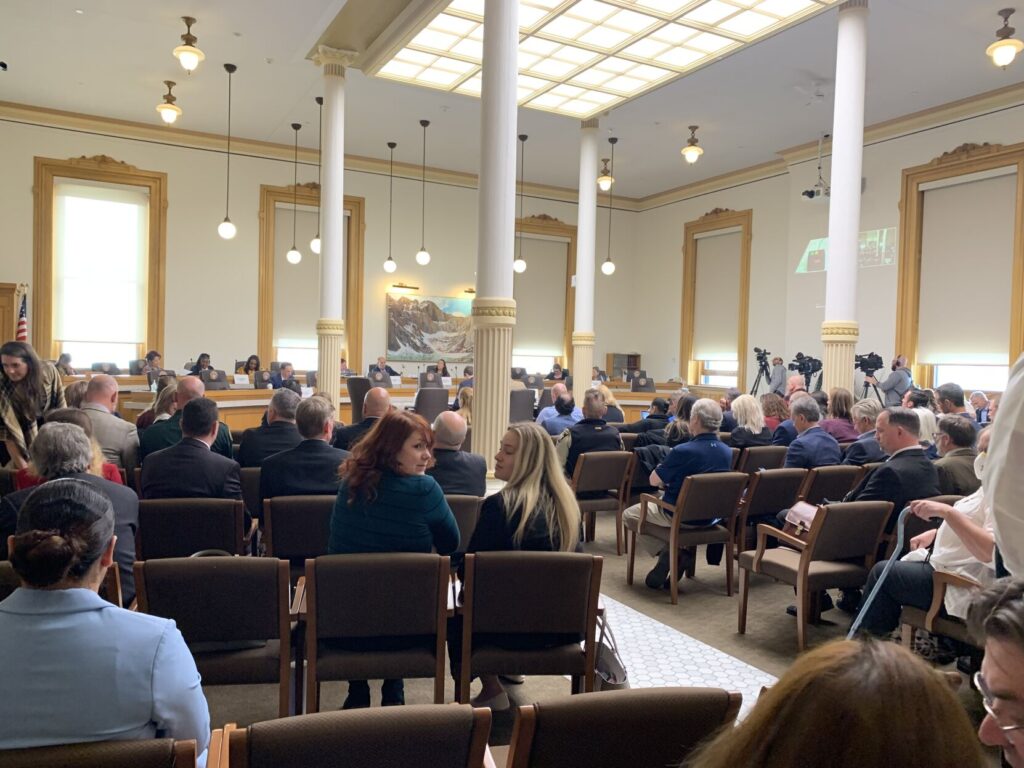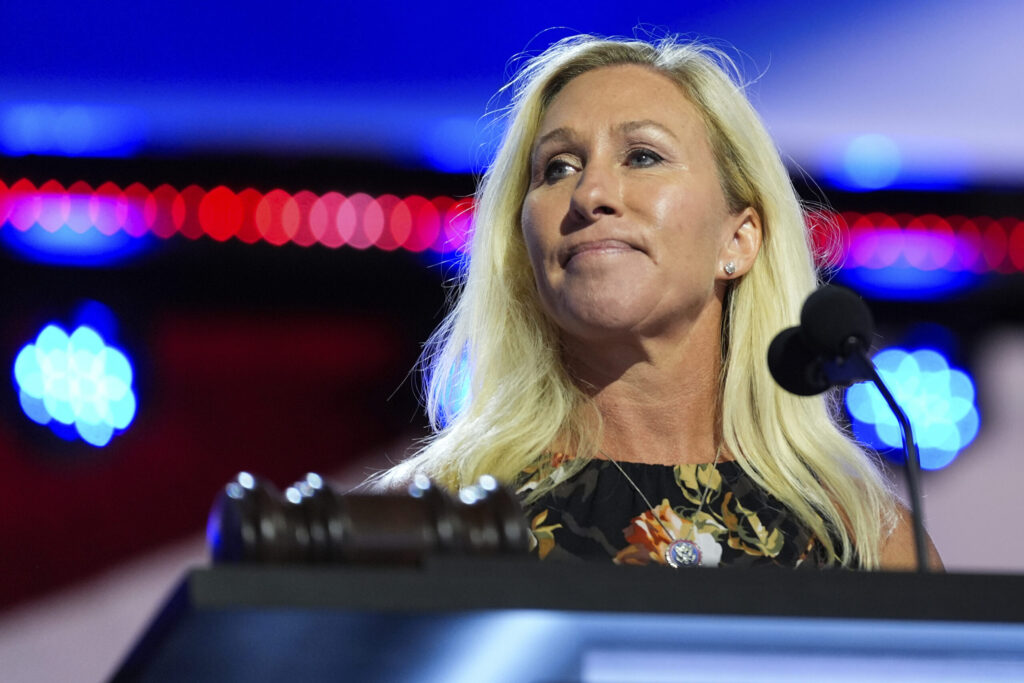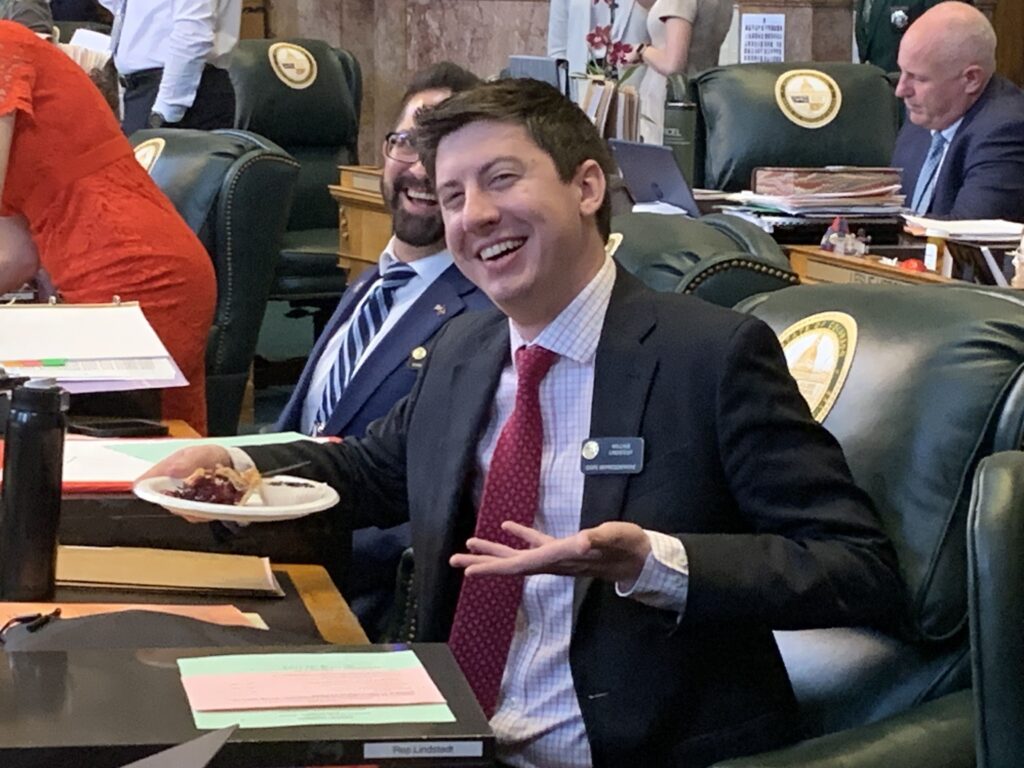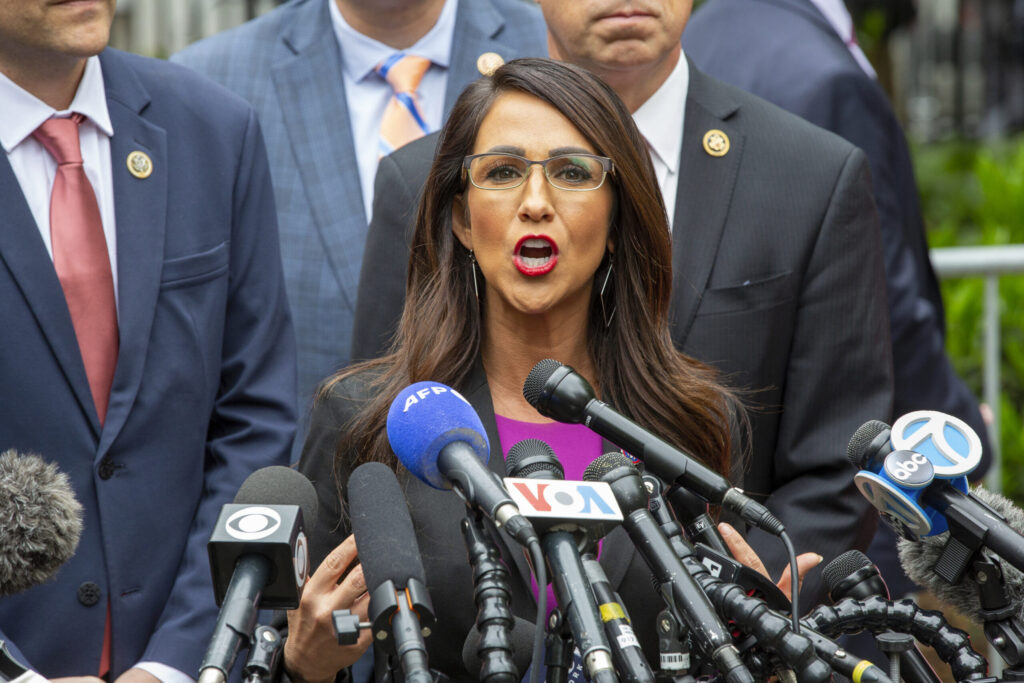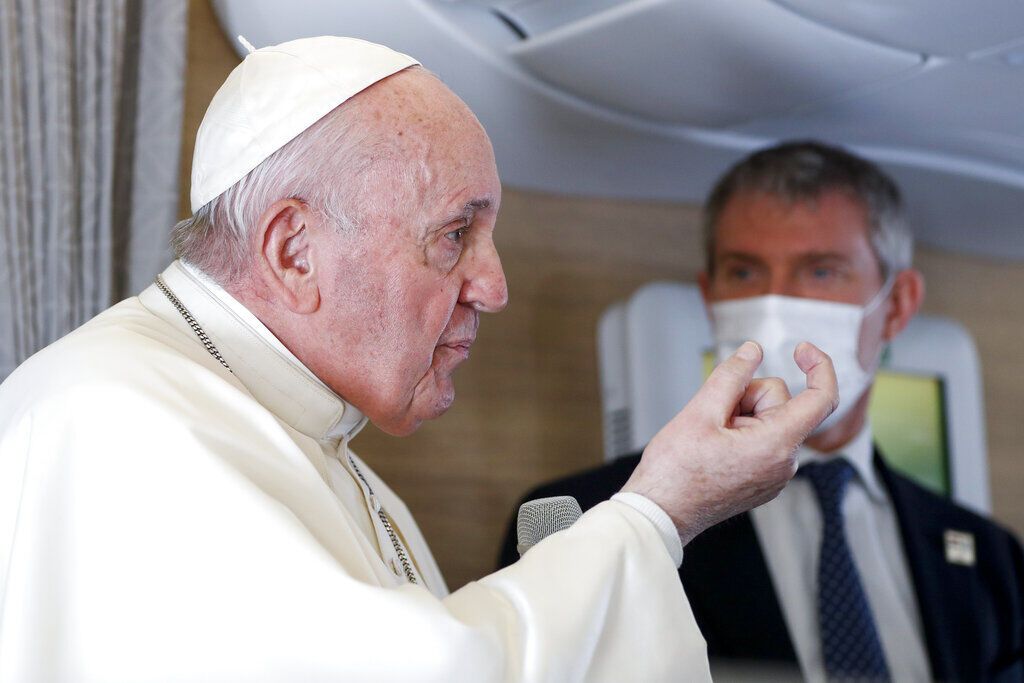Blaha, Frazier fail to make primary ballot for U.S. Senate race

Two more Republican U.S. Senate candidates failed to qualify for the primary ballot, Secretary of State Wayne Williams announced Thursday.
Colorado Springs businessman Robert Blaha and former Aurora City Councilman Ryan Frazier both came up short, turning in fewer signatures than required in several congressional districts, leaving just two candidates who will definitely appear on the June 28 ballot and another who is challenging his disqualification in court.
Blaha and Frazier have five days to appeal the decision. Neither campaign returned requests for comment by press time but a tweet from the Frazier campaign suggested he planned to appeal the ruling: “We presented more than enough valid signatures, and are fully prepared to win that argument.” Later Thursday night, Blaha issued a statement saying the campaign was reviewing the decision, adding, “We believe that after our review, the final analysis will validate that we are in substantial compliance.”
It’s the latest reversal in a tumultuous race that has seen as many as 15 candidates declaring they wanted to run against U.S. Sen. Michael Bennet, the only Senate Democrat up for reelection in a swing state this fall.
Blaha turned in 17,844 signatures at the beginning of April, but only 10,507 were deemed valid by state election officials. He needed 1,500 signatures from registered Republicans in each of the state’s seven congressional districts but fell short of that total in three districts, officials said.
According to the secretary of state, Blaha was short 151 signatures in the 1st Congressional District, 169 signatures in the 3rd Congressional District and 49 signatures in the 6th Congressional District. He barely qualified in the 2nd Congressional District, with just a single signature over the required 1,500.
Frazier turned in more signatures and more passed muster, with 11,108 considered valid out of 18,581 submitted, but he didn’t have enough signatures in four congressional districts, according to the secretary of state’s office.
Frazier came up 52 signatures shy of the requirement in the 1st Congressional District, just six signatures short in the 2nd Congressional District, a hefty 306 signatures short in the 3rd Congressional District and 44 short in the 6th Congressional District.
El Paso County Commissioner Darryl Glenn won nomination to the GOP primary ballot earlier this month at the Republican state assembly in Colorado Springs, defeating another nine candidates who were also attempting to make the primary through the caucus and assembly process. Glenn secured the votes of just over 70 percent of delegates, keeping any of the others from reaching the required 30 percent support.
Fort Collins businessman Jack Graham, a former NFL quarterback and one-time athletic director for Colorado State University, qualified for the ballot last week, when the secretary of state’s office determined he had ample signatures on his petitions.
On Monday, however, former state Rep. Jon Keyser, R-Morrison, learned that he had come up short by fewer than 100 signatures in the 3rd Congressional District. His campaign immediately vowed to file a lawsuit to overturn the ruling and made his case in Denver District Court the next afternoon.
The election law attorney who represented the last candidate to successfully challenge a ruling on petition signatures told The Colorado Statesman that Keyser’s legal argument was a “slam dunk” and predicted the judge would agree. The judge said to expect a ruling by Friday, which is also the day Williams is required to certify the primary ballot for county clerks.
Glenn’s surprise triumph — running a shoestring campaign for the last year, he’s raised little money and attracted scant attention until bowling over assembly delegates with a barn-burner of a speech — knocked presumed front-runner state Sen. Tim Neville, R-Littleton, from the field, along with a handful of others who were considered contenders at one time or another.
The race didn’t begin to coalesce until late last year, however, as one prominent Republican after another declined to jump in through the summer and fall, including U.S. Reps. Scott Tipton and Mike Coffman, Attorney General Cynthia Coffman and Aurora theater shooting prosecutor George Brauchler.
Keyser said he was considering a run in early December and entered the race to much hoopla — stepping down from the legislative seat he’d held for one year and taking a leave of absence from his job as an attorney at a large, international firm — in early January. With a focus on national security issues, the major in the Air Force Reserve hammered Bennet on the Democrat’s support for the nuclear deal brokered with Iran.
While winning the endorsements of leading Coloradans across the conservative political spectrum — from former Gov. Bill Owens and former U.S. Sen. Hank Brown, whose names are nearly synonymous with the GOP establishment, to former U.S. Rep. Tom Tancredo, a firebrand who left the Republican Party last year, charging it had gone soft — Keyser didn’t clear the field and raised just $300,000 in the first quarter of 2016, including $100,000 he loaned his campaign. By contrast, Bennet reported $7.6 million cash on hand at the end of March.
Graham and Blaha each reported this month that they’ve loaned their campaigns $1 million.
A spokesman for the Colorado Democratic Party took a swing at Bennet’s potential opponents.
“At this point, it looks more likely that the Republican primary will be determined by a court of law than among the voters, since now three different campaigns will be forced to make their case in front of a judge in order to have a chance to be on the ballot,” Chris Meagher told The Statesman. “Whatever the outcome from the court, what we do know is that all of the candidates in consideration for the Republican nomination share a set of beliefs that fall outside of mainstream Colorado voters and would just add to the dysfunction in Washington.”
— ernest@coloradostatesman.com
Colorado Politics Must-Reads:



